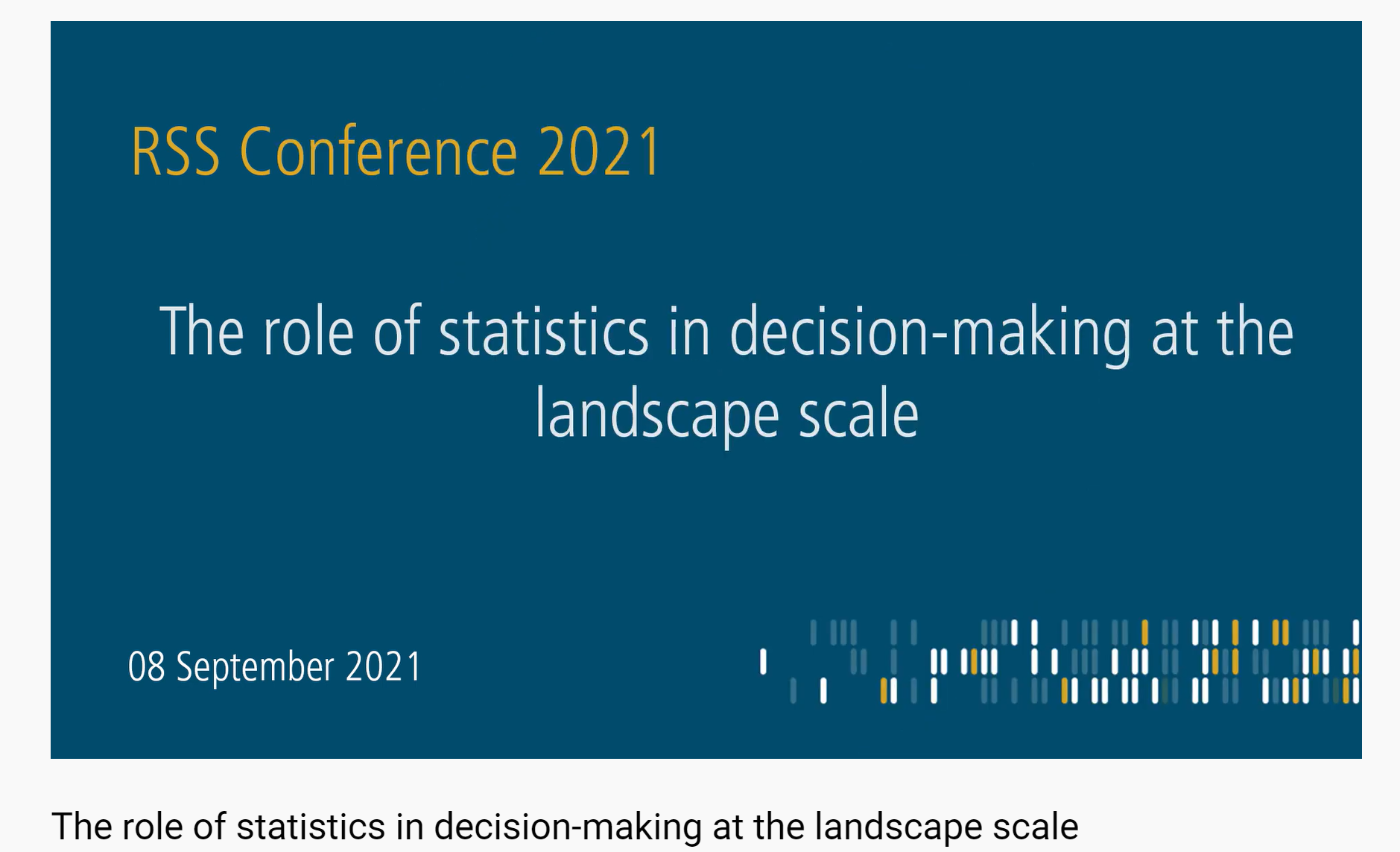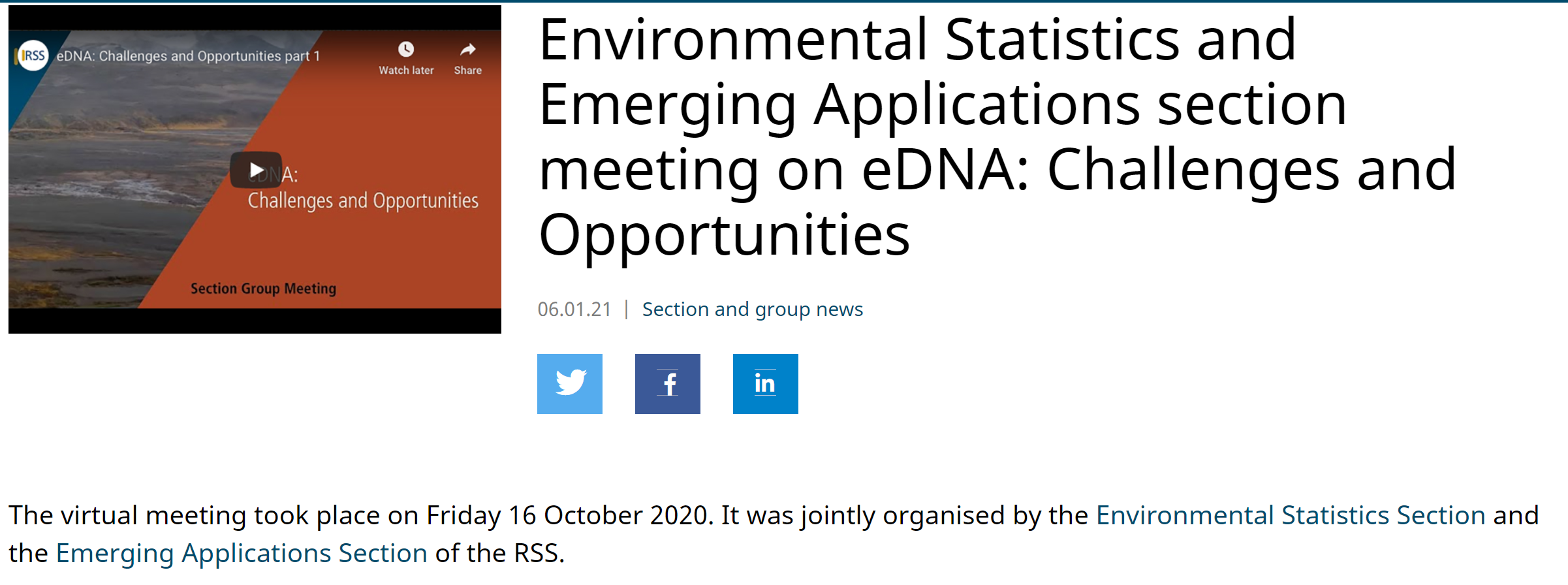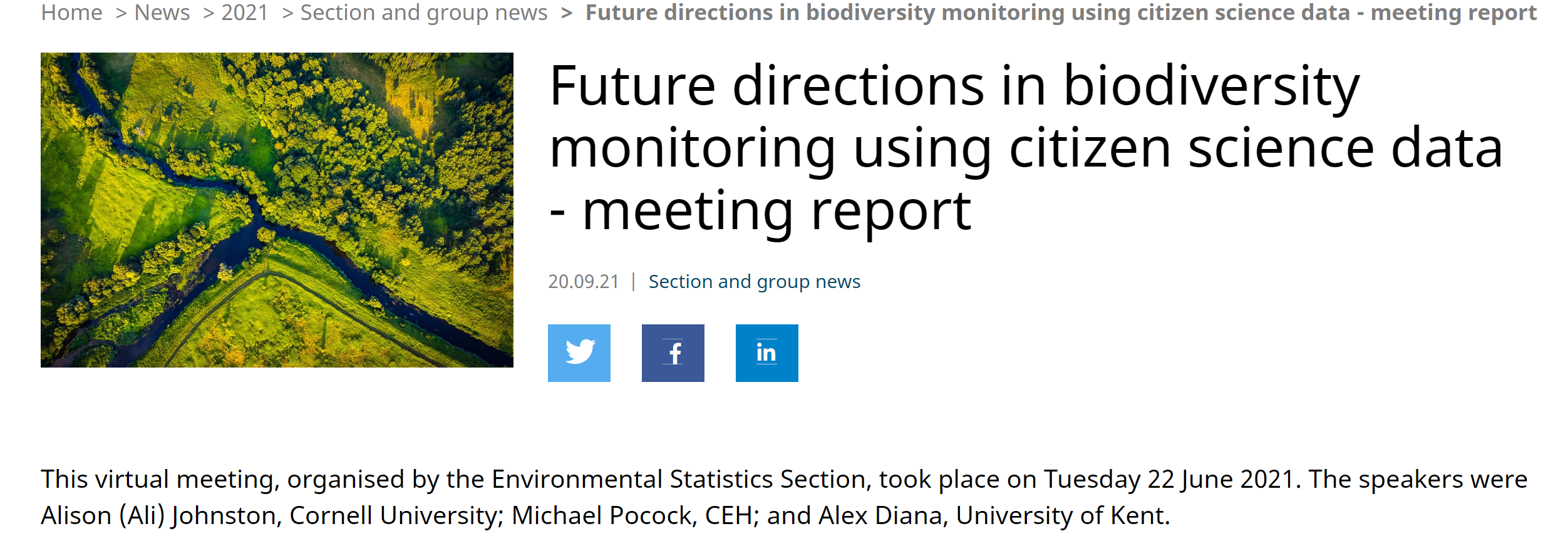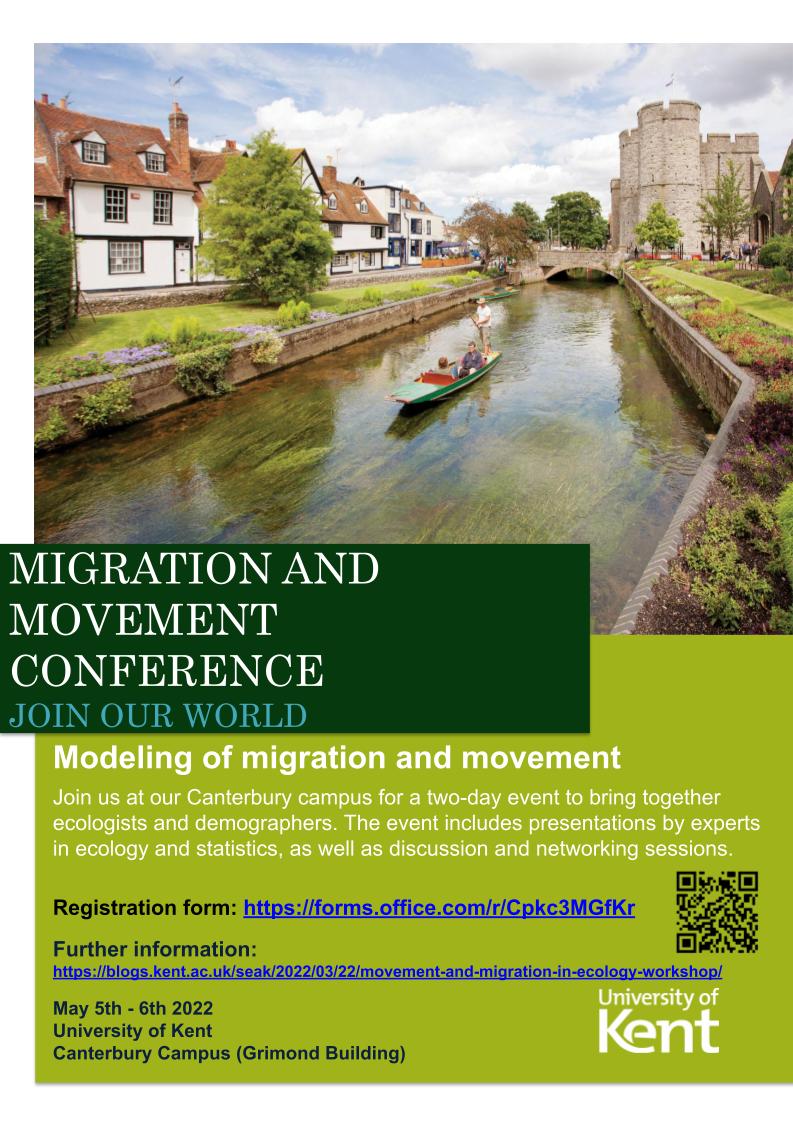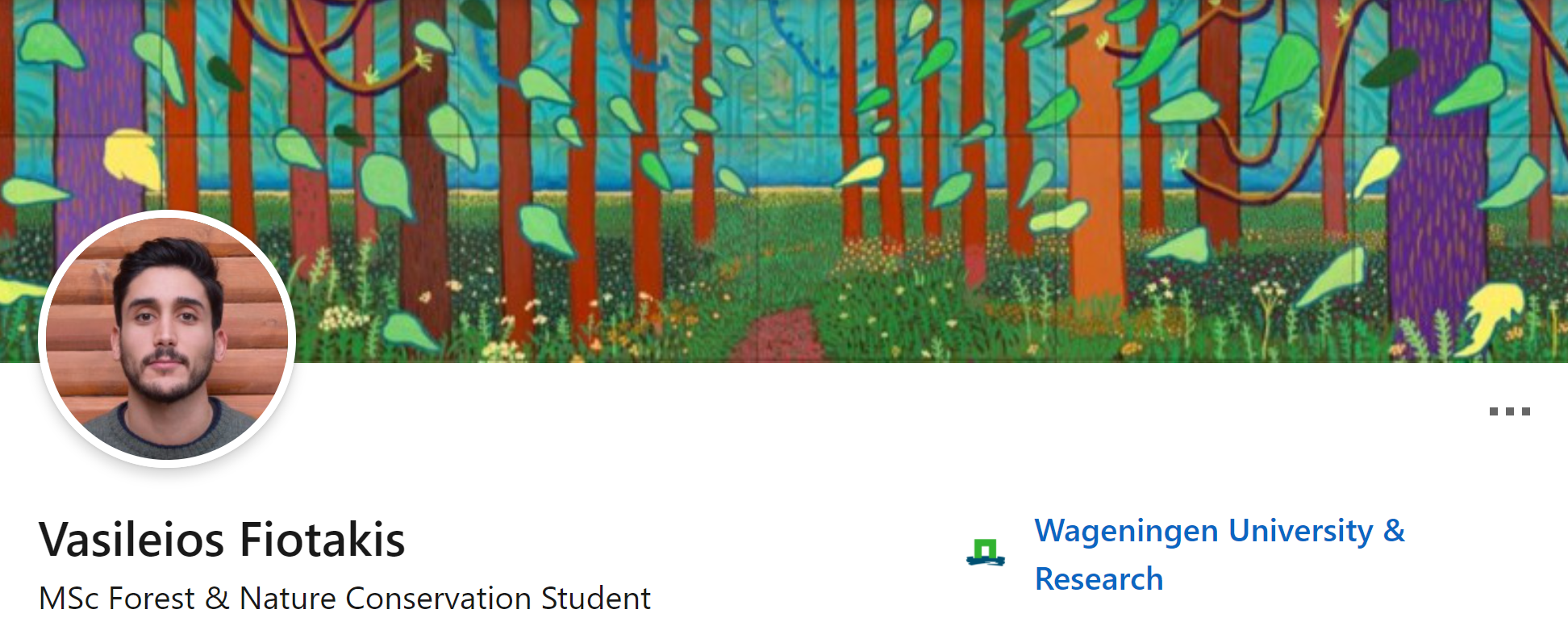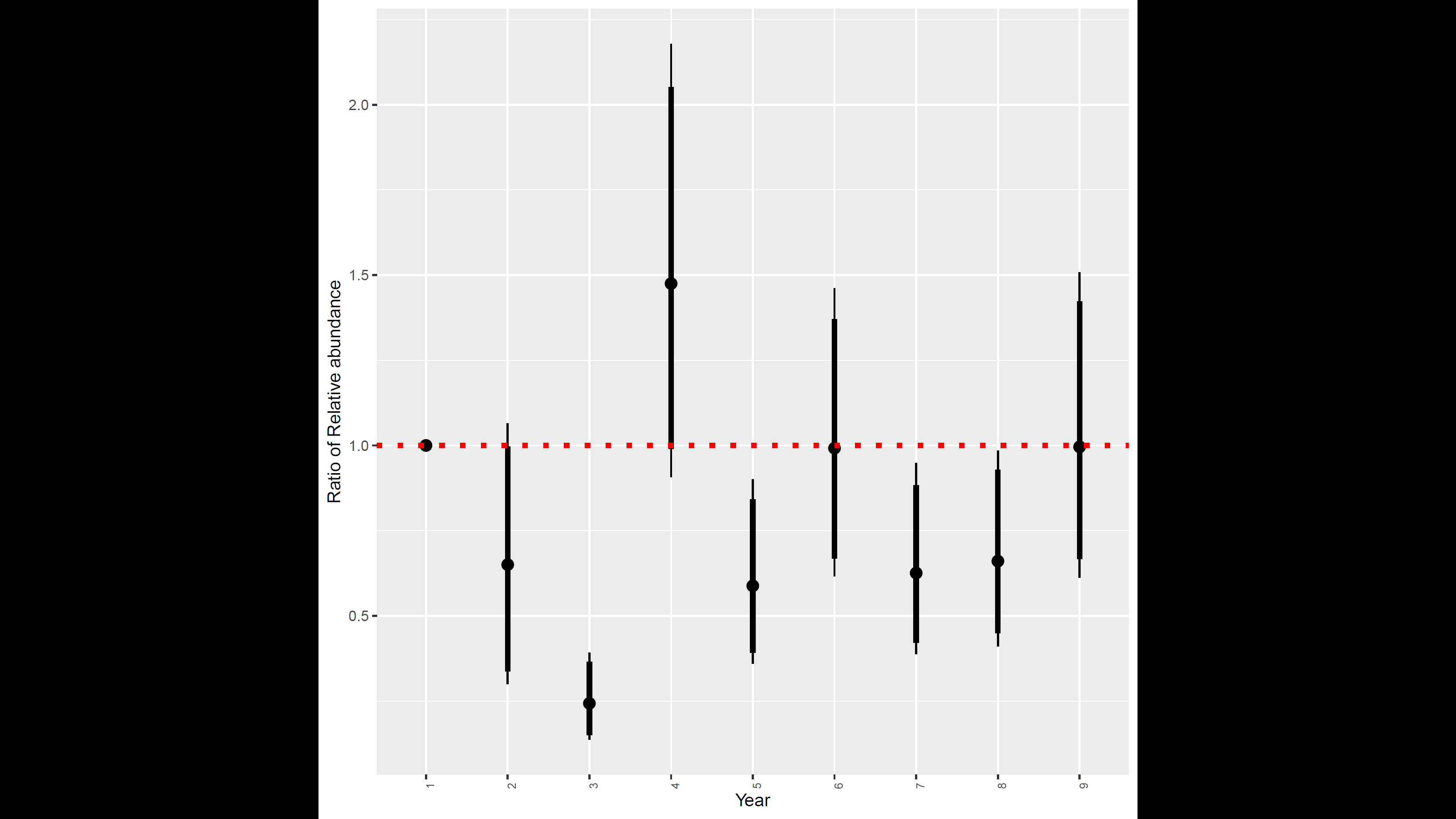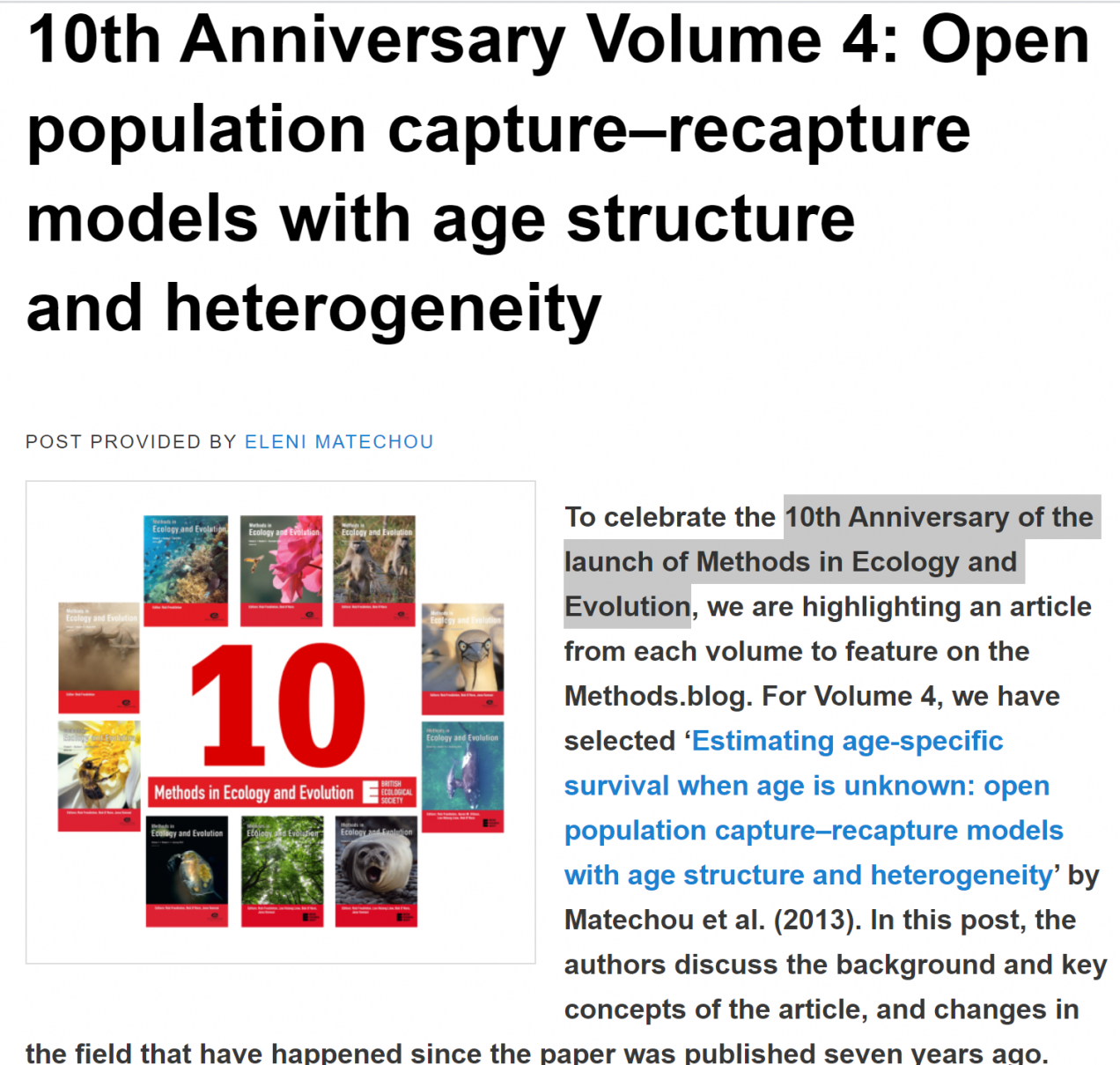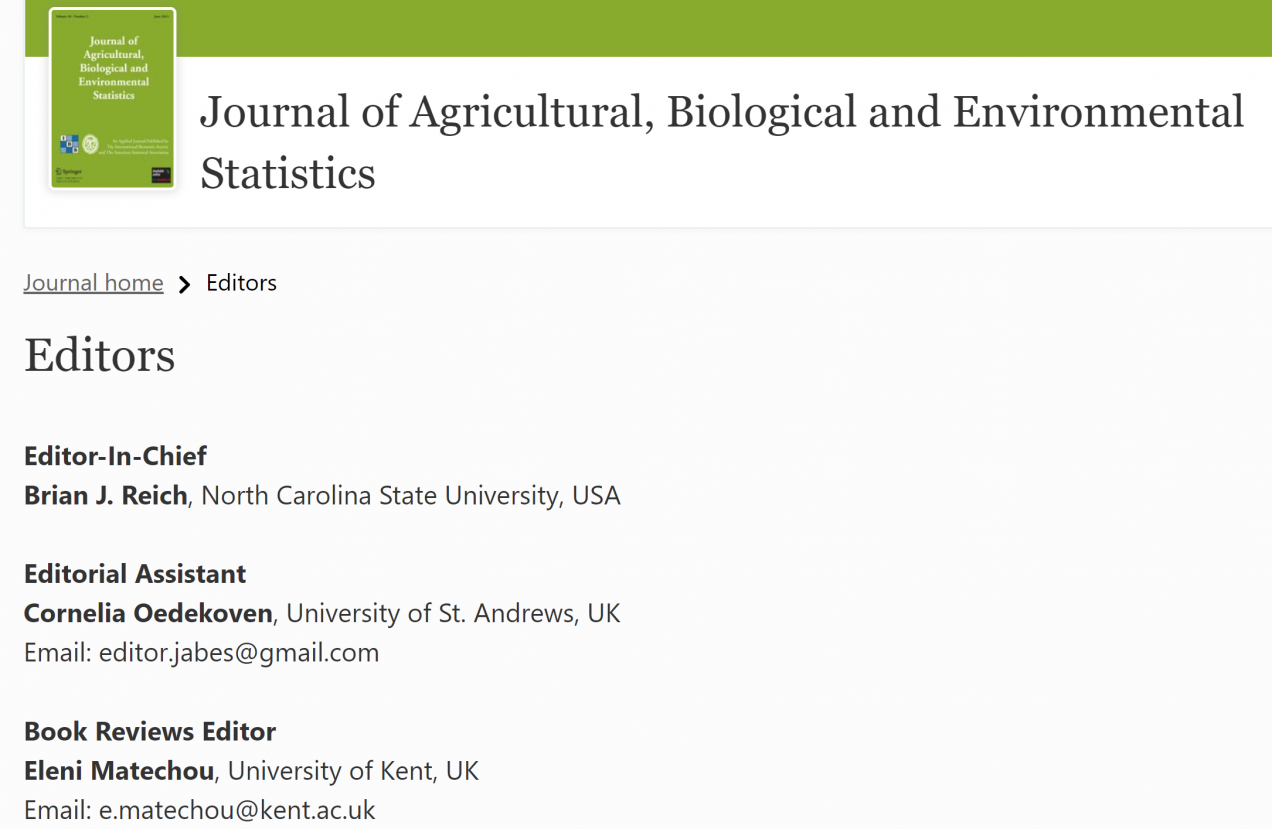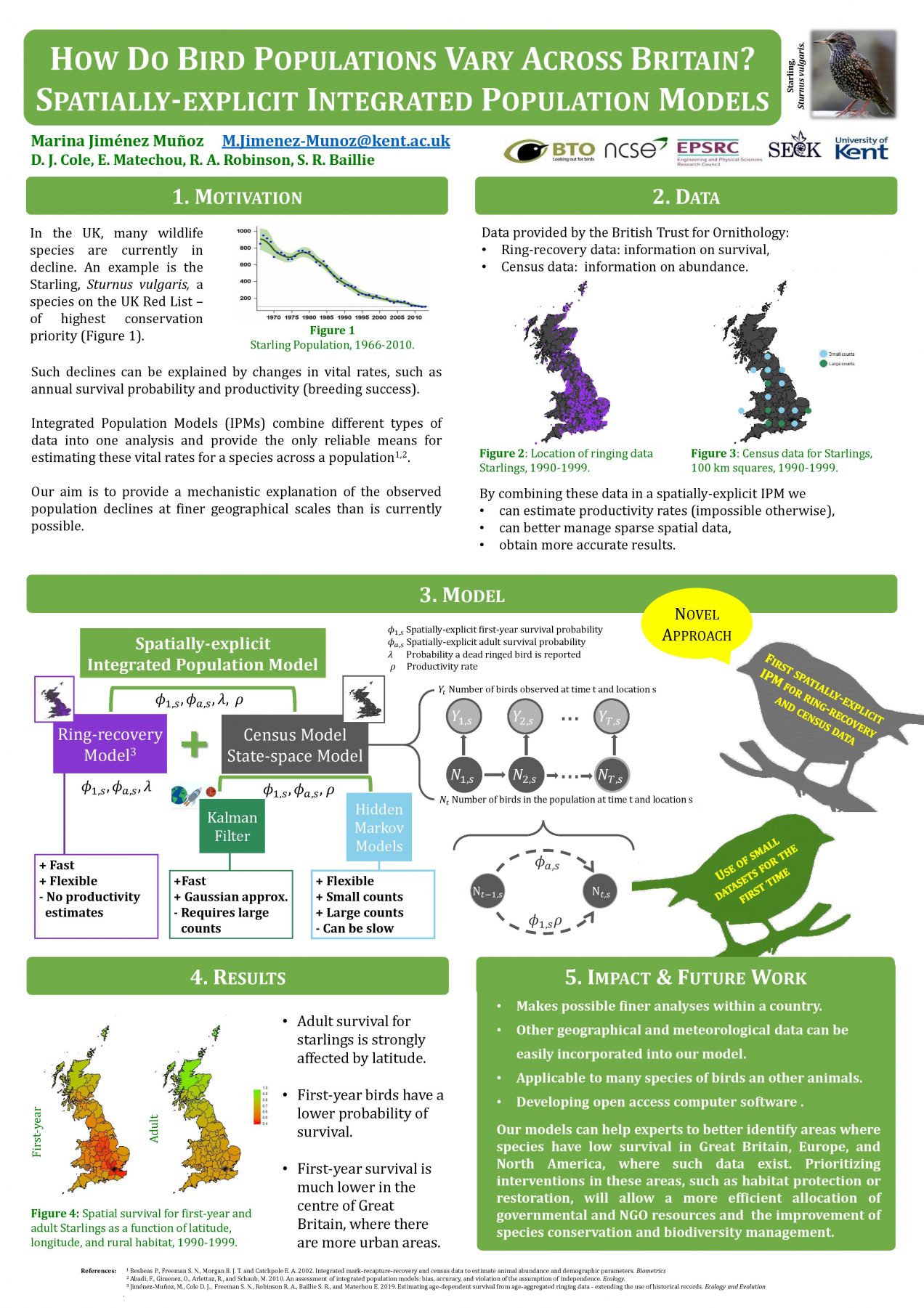NatureMetrics is an innovative, science-based, women-led SME that commercialises environmental DNA-based biodiversity monitoring solutions at scale. They are world leaders in delivering powerful, scalable biodiversity data collected safely and sustainably using environmental DNA. NatureMetrics work to develop end-to-end and automated tools for biodiversity detection in the field, to be used by non-experts.
This KTP aims to develop and integrate new statistical techniques for addressing two challenges associated with biodiversity surveys using environmental DNA: accounting for error and noise in environmental DNA surverys, and optimising survey design. These techniques will improve the business’s decision-support tools for nature conservation and restoration, facilitating access to new markets.
NatureMetrics’ mission is to bridge the gap between molecular techniques and environmental management by using cutting-edge DNA analysis to monitor biodiversity and measure natural capital in the environment and this KTP will enable them to achieve this mission.
Specifically, the aim of this KTP is to embed new knowledge and capabilities of Bayesian hierarchical statistical models developed by academics at the University of Kent (Dr Eleni Matechou) and University College London (Professor Jim Griffin). Through this KTP, these techniques will be integrated into NatureMetrics’ analysis workflows, enabling them to increase confidence levels around the presence/absence or relative abundance of surveyed biological communities (i.e. collections of species at a site) in downstream products. This will optimise the cost and effort needed to collect and analyse samples.


